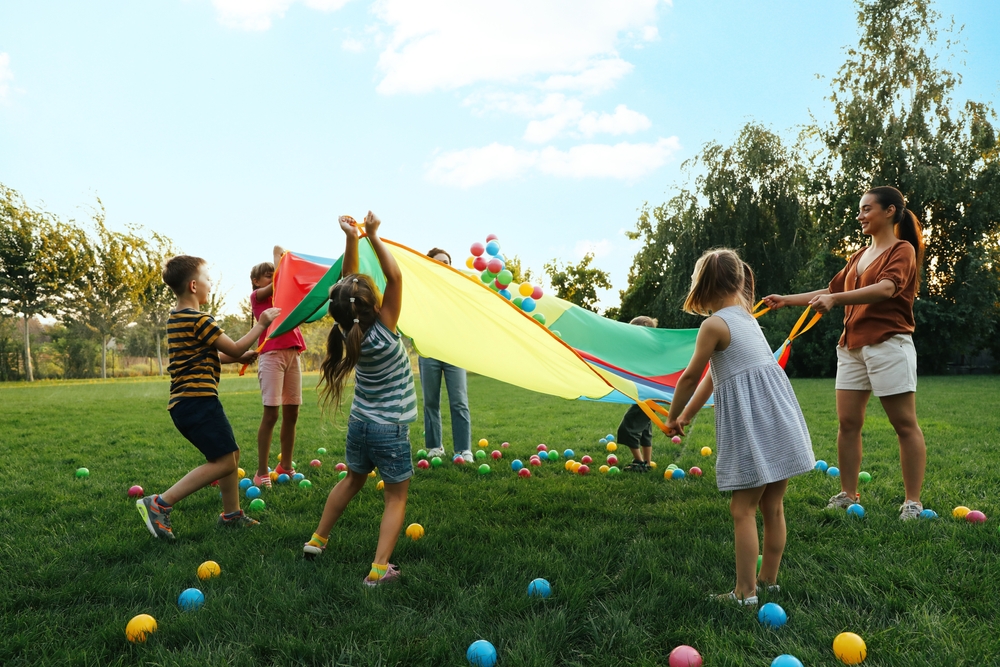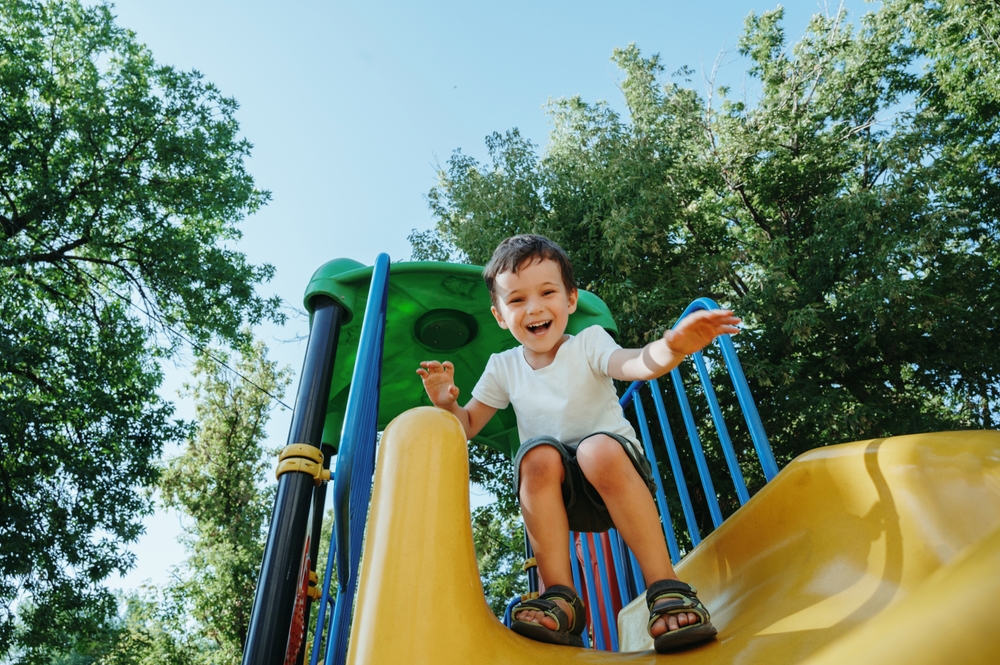With school finished for the academic year, and everyone out enjoying the sunshine, many parents might be wondering what kind of impact this time off has on their children. The truth is, the effects of taking a full summer off learning can be notable if our children’s brains are not kept active—but what can this look like, and is it something that you should be worried about as a parent?
What Happens When Learning Stops Over the Summer?

If children stop learning over the summer, it has been proposed that they can experience ‘summer brain drain’ or ‘summer slide’, where they lose a chunk of what they have learned over the last year and their skills can regress in many areas. Because of this, it is important to keep children’s minds active through the summer—and this can be done in many different ways, without a classroom even being in sight.
Although we should all take the summer holidays as a fantastic time to unwind, relax, and enjoy what the world has to offer, it doesn’t mean that learning should stop for the year then and there. However, to mitigate the effects of taking a full summer off learning and enjoying the free weeks without sacrificing fun, we need to first understand if this so-called ‘summer slide’ is even true.
Understanding the ‘Summer Slide’: Fact or Myth?

The summer slide is, unfortunately, a very real phenomenon that children and even adults can experience, and one that happens more often than you may anticipate. Although more in-depth research is needed to iron out the wrinkles, it is widely accepted that the effects of taking a full summer off learning can result in much of what was learned to be lost, since the information is not reinforced over the course of this period.
The summer holidays, or any long holidays that children will experience while at school, will usually result in the loss of academic knowledge. Up to 40% of the years’ learning can be lost throughout summer, with literacy and maths being the areas most affected. Unfortunately for students, this can set them back a lot when they return to school again, and can add to the stress as they feel that they are behind their peers.
Is ‘Summer Slide’ Something to Worry About?
Summer brain drain, summer learning loss, or anything else you want to call this phenomenon can be a worrying result of long holidays, as it can result in elevated anxiety levels. It is not, however, something that parents need to worry about, provided they take steps to reduce it from happening, and set their children up for success when the new school year begins.
You can prevent summer learning loss by taking steps to keep the mind active throughout summer. From enjoying a summer reading program and keeping your brain busy with everyday maths, to exploring the gardens (and what lives in them), and taking part in DIY science or trips to educational places (like historic sites) to keep revisiting what has been learned over the last year and prevent any academic loss.
Activities You Can Do to Prevent Summer Slide
There are many activities that children can take part in over the summer holidays to prevent the dreaded summer slide, from summer reading programmes and practicing everyday maths, to learning languages, spending time outside, trying brain-boosting puzzles and games, or even participating in a brain training program. Depending on individual preferences and interests, there will be plenty of things for every kid to enjoy over the weeks that will keep their minds active and thriving.
Below are some useful activities that can help to prevent summer slide:
- Take part in a summer reading programme
- Practice everyday maths
- Learn or build on a language
- Spend time exploring the garden (and the critters in it!)
- Go on educational trips
- Try out cool DIY science projects
- Do brain-boosting games and puzzles
- Limit time on technology
- Stay physical and enjoy sports
- Dive into creative outlets like art or music
- Participate in a brain training program
What Are the Cognitive and Emotional Impacts of Long Breaks?

Long breaks from school will impact groups differently, with children in more affluent homes generally experiencing improved mental health as a result of these holidays, while those in less affluent homes often experiencing worsening mental health. A number of factors are taken into consideration, from considering what experiences children have over the holidays, whether they are lonely or not, family relationships, and more, with each factor impacting cognitive and emotional outcomes.
However, in terms of learning, long breaks are generally understood to be bad for retaining information and solidifying what has been learned over the course of the year unless measures are taken to actively prevent this. The effects of taking a full summer off learning can be significant, but it is also something that can be avoided if you make the effort to participate in the aforementioned activities over the summer or any longer holiday period.
Why Does Brain Training Beats Worksheets?
Brain training beats worksheets thanks to how interactive and fun it can be. No one enjoys sitting at a table and filling out sheet after sheet, and that is something that we want to avoid when we carry out our brain training. Using a no-tutoring approach, we go through the effort of making exercises accessible and fun to enhance the fundamental cognitive skills that are essential for concentration, reasoning, learning, thinking, and reading—making it perfect for shaking off the effects of taking a full summer off learning.
We are committed to helping everyone achieve their best, which is why we offer a personalised one-on-one method to allow us to cater to every child’s unique needs. Every weakness can become a strength, and any academic skills that could be lost over the summer can be retained when you exercise your brain just right—so why wouldn’t you want your child to try it?
How Can Brain Training Help With Summer Slide?
With us, brain training can be customised to support every person’s individual needs and prevent summer brain drain over long holidays. We carry out thorough assessments to understand your child’s baseline and any areas where they might struggle, and ensure that their brains are kept active through the weeks of freedom.
We use the Gibson Test of Cognitive Skills—a fantastic tool that was developed from Gibson’s Learning Model and grounded in the theory of intelligence of Cattell-Horn-Carroll (CHC), and delve into various domains of cognition including reading, reasoning, visual processing, processing speed, and more, to see where you may fall short.
The following cognitive domains are explored in our assessments to determine any shortfalls:
- Reading skills
- Auditory processing
- Visual processing
- Logic and reasoning
- Memory
- Processing speed
- Attention
Our assessments are available in more than 20 languages including English, French, Spanish, Russian, and Cantonese, ensuring that individuals all around the world can benefit from our extensive training and resources.
How The Brain Workshop Supports Summer Engagement

Summer slide is a common phenomenon that most students will experience across their lifetimes, and it’s normal—but it can have negative consequences. From feeling behind when you get back to school, to struggling with new material, the effects of taking a full summer off learning can be detrimental if parents don’t act quickly.
Don’t let summer slow your child’s progress. Try The Brain Workshop’s summer-ready brain training to keep young minds sharp, confident, and ready for next term. Or, for more information, learn more about us at the Brain Workshop, meet our team, check out events, or read our FAQ.






